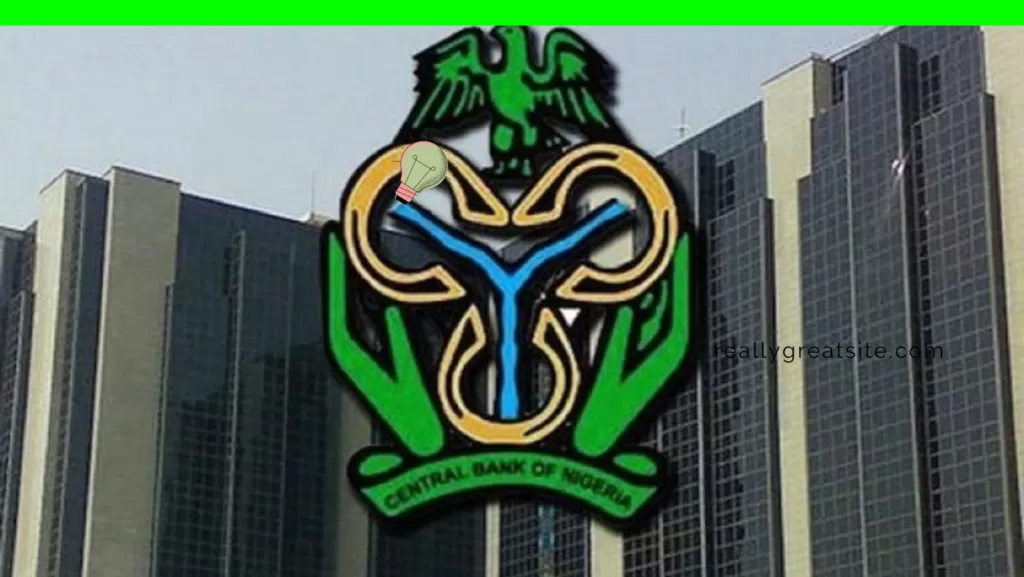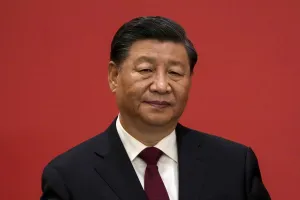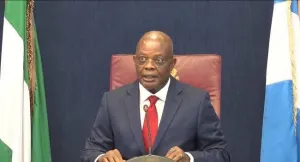Nigeria’s Central Bank Raises Interest Rate to 26.75% Amid Soaring Inflation

The Central Bank of Nigeria (CBN) has announced a hike in its benchmark interest rate to 26.75% from 26.25%, in a bid to tackle the country’s soaring inflation rate, which stood at 34.19% in June 2024.
The decision was made by the Monetary Policy Committee (MPC) of the CBN, led by Governor Olayemi Cardoso. The committee expressed its resolve to bring inflation under control and stabilize the economy.
“The committee noted the persistent increase in inflation and decided to take a more aggressive stance to address this issue,” said Governor Cardoso in a statement.
The move comes as Nigeria grapples with a range of economic challenges, including a weakening currency, rising food prices, and a growing debt burden. The country’s money supply (M3) hit a new peak of N99.24 trillion in May 2024, while the naira has been exchanging at over N1,500 to the US dollar.
“The CBN will continue to intervene in the Forex market; nevertheless, due to lack of confidence, hoarding, and speculation, the naira will remain weak for the remaining part of the year,” said analysts at United Capital in their Half-Year Economic Outlook.
The interest rate hike is expected to have a significant impact on the economy, particularly on borrowing costs and the real sector. Stakeholders have warned of the potential consequences of the move, including a further slowdown in economic growth and increased hardship for the man on the street.
“This is a tough decision for the CBN, but it is necessary to address the inflation issue,” said a financial analyst. “However, it will have a significant impact on businesses and consumers, who are already struggling with the high cost of living.”
The CBN has been under pressure to take more aggressive action to tackle inflation, which has been rising steadily in recent months. The bank has also been criticized for its handling of the foreign exchange market, with the naira weakening significantly against the dollar.
The interest rate hike is the latest in a series of measures taken by the CBN to address the country’s economic challenges. In June, the bank announced a series of reforms aimed at stabilizing the foreign exchange market and attracting foreign investment.
However, analysts have warned that the interest rate hike alone may not be sufficient to address the country’s economic woes. They have called for a comprehensive approach that includes fiscal and structural reforms, as well as measures to boost productivity and competitiveness.
“The CBN has taken a bold step, but it is just one piece of the puzzle,” said an economist. “The government needs to take a more holistic approach to address the country’s economic challenges.”







